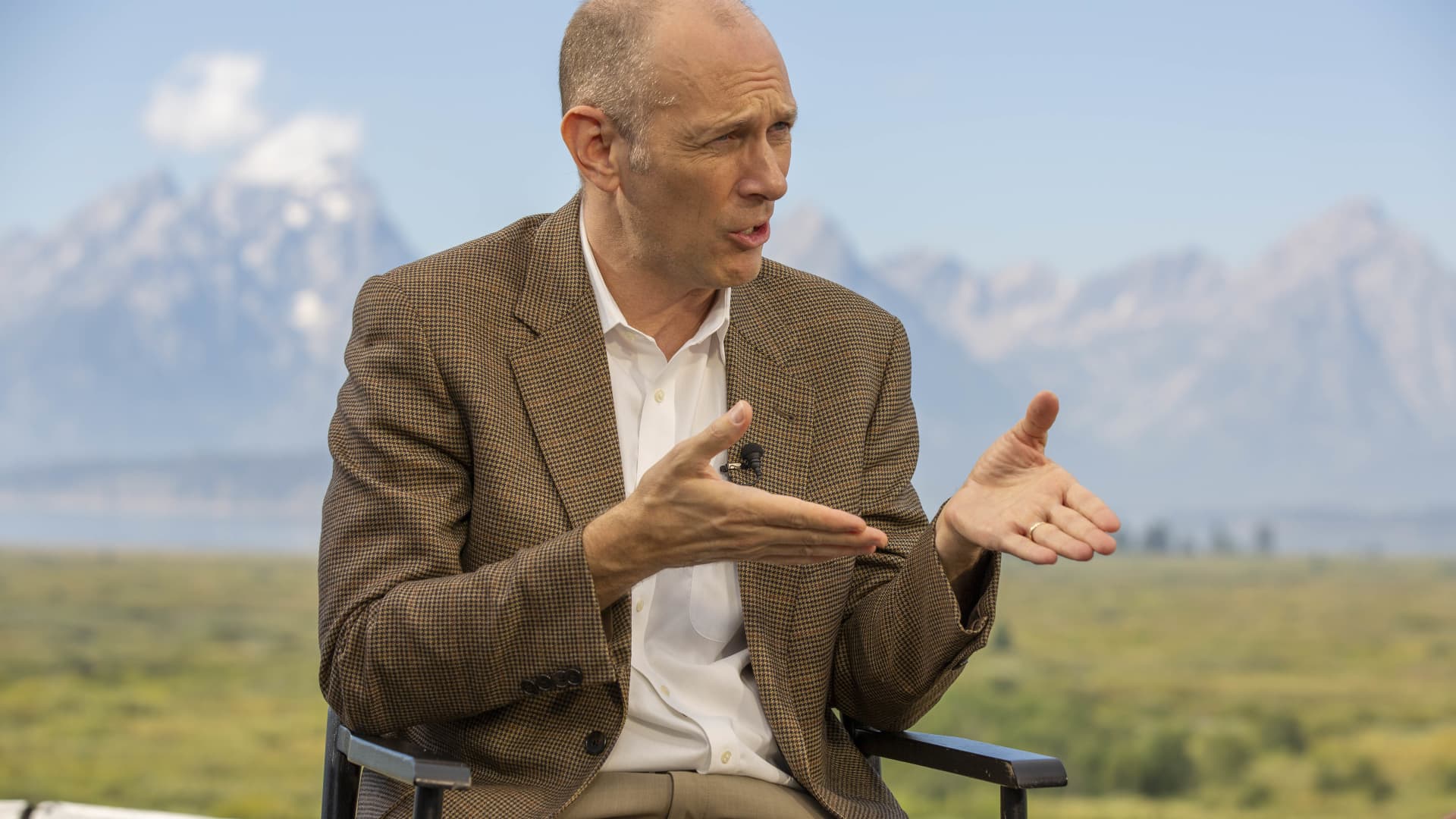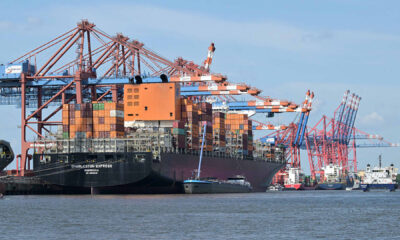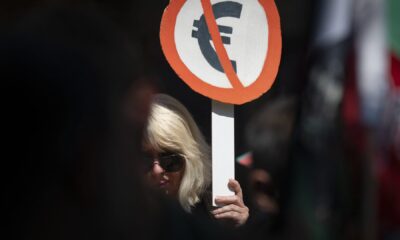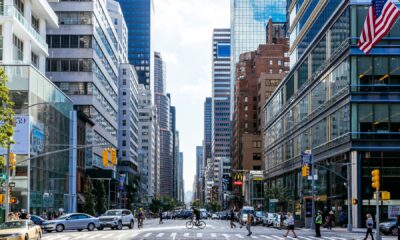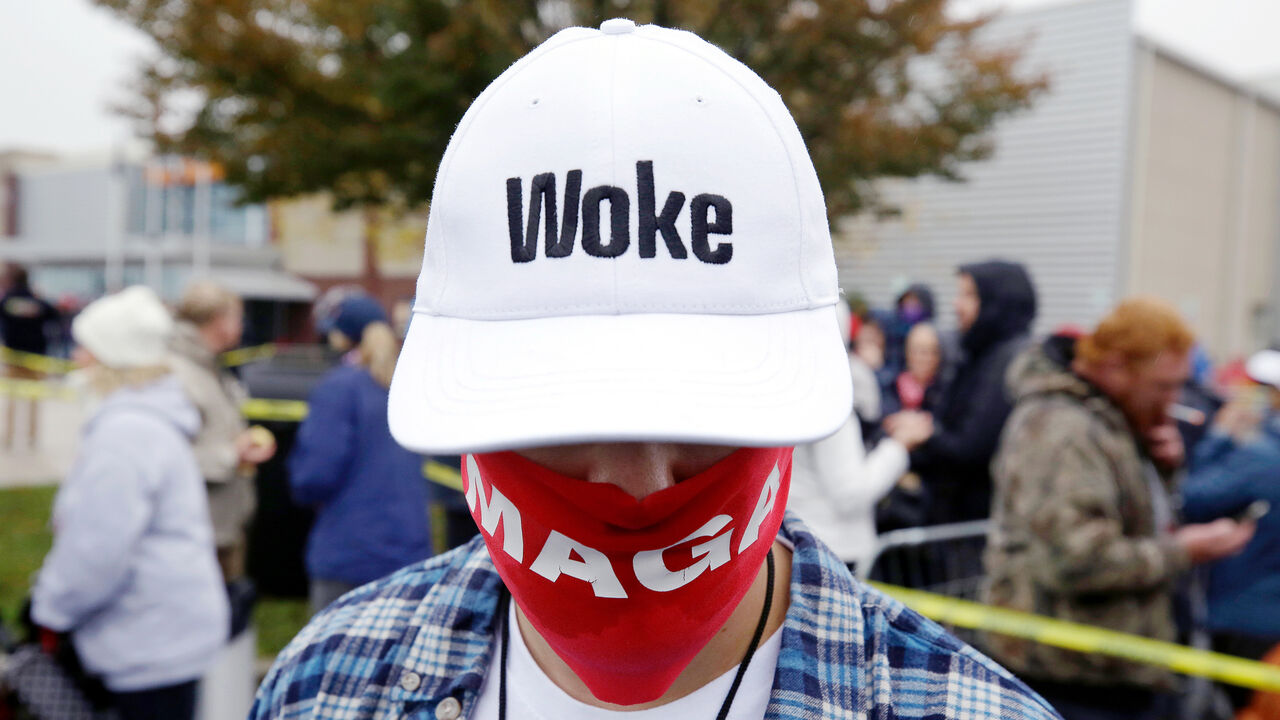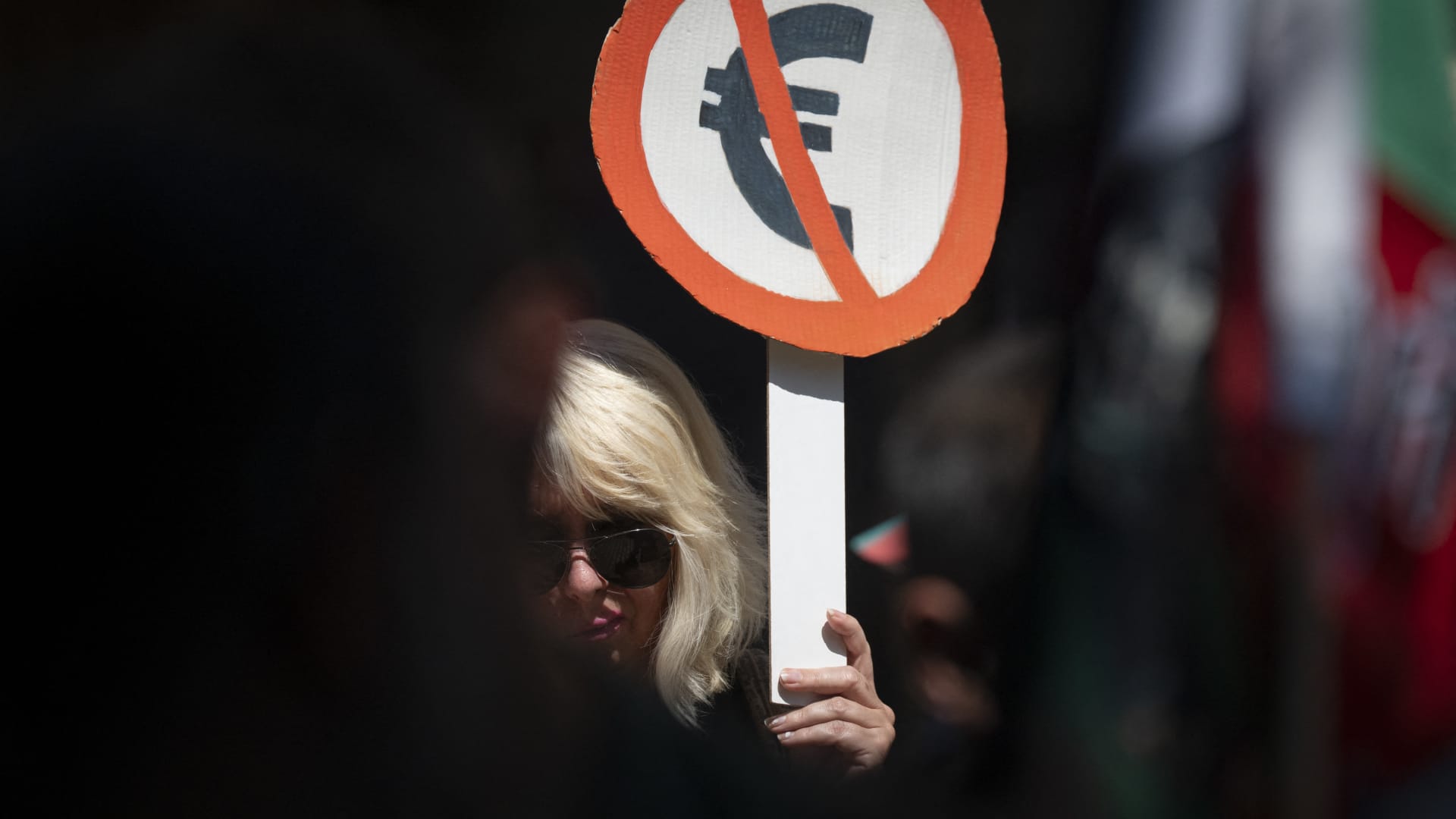Federal Reserve officials take great pains not to comment on fiscal policy, but the looming threat from tariffs is forcing their hand.
In recent days, multiple central bank policymakers not only have noted the uncertainty surrounding President Donald Trump’s desire to slap broad-ranging duties on products from Canada, Mexico and China — and perhaps the European Union — they also have highlighted the potential impact on inflation.
Any indication that the tariffs are presenting longer-lasting pressure in prices could make the Fed hold interest rates higher for longer.
In remarks at an auto symposium Wednesday in Detroit, Chicago Fed President Austan Goolsbee cited a number of supply chain threats that include “large tariffs and the potential for an escalating trade war.”
“If we see inflation rising or progress stalling in 2025, the Fed will be in the difficult position of trying to figure out if the inflation is coming from overheating or if it’s coming from tariffs,” Goolsbee said. “That distinction will be critical for deciding when or even if the Fed should act.”
Last week, the Federal Open Market Committee, of which Goolsbee is a voting member, voted to hold its benchmark interest rate steady in a range of 4.25% to 4.50% as it evaluates the evolving set of economic conditions.
The vote came amid a backdrop of gamesmanship between Trump and the largest U.S. trading partners, in which he postponed levies against Canada and Mexico but added 10% in tariffs against China, which retaliated with its own measures.
Economists generally see tariffs as having one-time impacts on prices, affecting particular goods where the duties are targeted but not acting as more widespread and more fundamental drivers of inflation. However, in this case Trump is casting a wide enough net that it could generate the kind of underlying inflation the Fed fears.
A limited road map
In an interview earlier this week with CNBC, Boston Fed President Susan Collins, also an FOMC voter, said she and her staff are studying the potential impact of tariffs, and she noted the unusual nature of the sweeping tariffs Trump has proposed.
“We have limited experience of such large and very broad-based tariffs,” she said. “There are many different dimensions, and there are second-round effects as well, which make it particularly hard to really assess what the amounts would be … We don’t know what the time frame would be that would cause a rise in a price level.”
If the tariffs were short-lived, “you’d expect the Federal Reserve would try to look through. But of course, there are many factors going on from that perspective. So I’ll just say quickly that the underlying trends in inflation in the economy really matter a lot for how, you know, how I think about policy going forward.”
Other Fed officials, such as Philadelphia President Patrick Harker and the Atlanta Fed’s Raphael Bostic, also said they are concerned about potential inflationary effects and said they also will be watching for longer-term impacts.
For his part, Chair Jerome Powell deflected multiple questions about tariffs at his post-meeting news conference last week, saying it’s too early to make judgments about fiscal policy.
“We don’t know what will happen with tariffs, with immigration, with fiscal policy, and with regulatory policy,” he said. “I think we need to let those policies be articulated before we can even begin to make a plausible assessment of what their implications for the economy will be.”
—Reuters contributed to this report.

 Blog Post1 week ago
Blog Post1 week ago
 Personal Finance1 week ago
Personal Finance1 week ago
 Economics1 week ago
Economics1 week ago
 Economics1 week ago
Economics1 week ago
 Economics4 days ago
Economics4 days ago
 Finance4 days ago
Finance4 days ago
 Economics4 days ago
Economics4 days ago
 Economics4 days ago
Economics4 days ago
